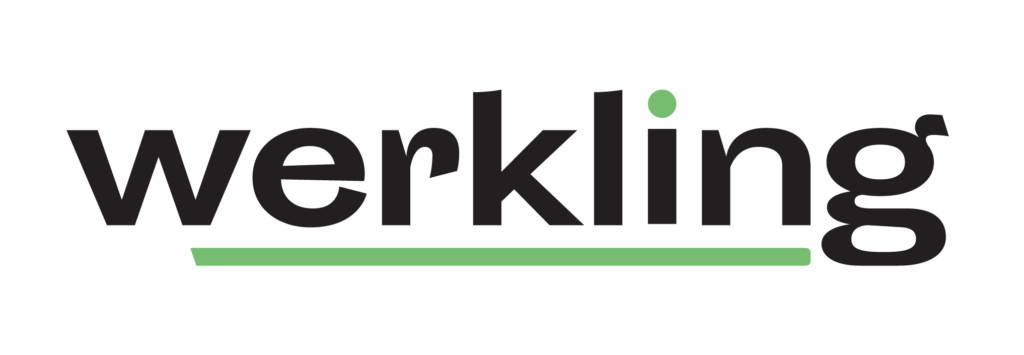The world of work is changing and the business case for being able to quickly augment your teams around organisational priorities is growing. Not only is this change being driven by the dynamic business, social and economic landscape but by evolving talent preferences and the increasing number of people stepping out of the traditional employment model.
Gig-based work is on the rise and is stretching far beyond the driver and delivery workforce. In fact, 90% of business leaders report that flexible talent will be important to their organisation’s future competitive advantage and over half of the workforce is expected to work in a gig or freelance capacity by 2027.
The professional gig economy and access to flexible talent pools represents a fundamental shift to the way that organisations design and resource work, and presents an immediate opportunity for leaders who are struggling with talent scarcity, competing priorities, workload and burnout.
While leaders see the value of the gig and outcome-based work model, and have access to talent though platforms such as Werkling, they often become stuck when needing to scope the work they want delivered. For leaders, and their teams, who are already stretched, tired and at capacity, it can feel “too hard” to carve out a project or gig, and easier to just push through. This “pushing through” often results in an increased workload for the team and the heightened risk of burnout, delaying important work or simply not delivering against business priorities.
Scoping a project for delivery should not be a time-consuming exercise. Once you have a high level snapshot of the business need and have found on-demand talent with the capability and experience you need, either through your own network or a platform such as Werkling, there are two ways to accelerate the process of creating a clear statement of work.
Option 1: The reverse brief
Give the on-demand talent a short, high level download on the need, the business context and the outcome you are after. Let them extract all the wonderful insights and information from your busy brain and invite them to come back to you with a reverse brief and recommended approach. Even if they get the scope 80% of the way there, a bit of feedback will have it ready to get buy in and kick off before you know it.
Option 2: The discovery phase
Where it’s a more complex problem to solve, the need for stakeholder consultation, market scans, user research or data analysis can sometimes make a clear scope feel some way away. The solution? Make this ‘discovery and recommendation’ stage the first part of the engagement. This stage is usually minimal in cost with zero commitment for future stages, and is delivered by on-demand talent with experience navigating similar challenges.
Leaders who respond to business needs quickly and successfully flex their teams with on-demand talent are more often than not taking one, or both, of these approaches.
“I knew what needed to be done, but didn’t have the capacity or headspace to think through how we’d get there, let alone who was going to do the work. We engaged Werkling and after a 30minute conversation with their recommended talent, they were able to come back to me with a clear set of deliverables and approach. It was gold!” – Senior P&C, FMCG
The traditional ‘employment model’ where work is designed into jobs and delivered by employees is no longer the whole solution and the emergence of gig and outcome-based work is presenting a huge opportunity for leaders. Our advice? Don’t let the need to thoroughly define and scope project slow you down or hold you back. Find great on-demand talent and get them to help scope the requirements.
For more information or to be matched to amazingly experienced on-demand talent, Create an account and Brief a Gig, get in touch at hello@werkling.com or book a free consultation with the Werkling team and we can help you start to scope the need. .

